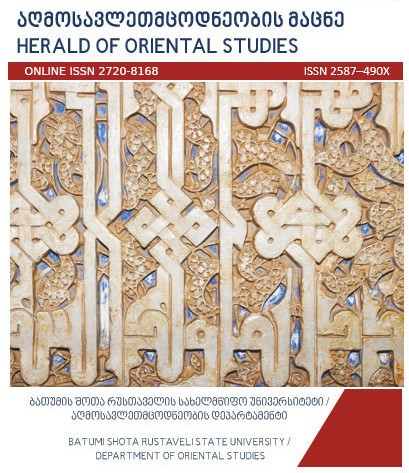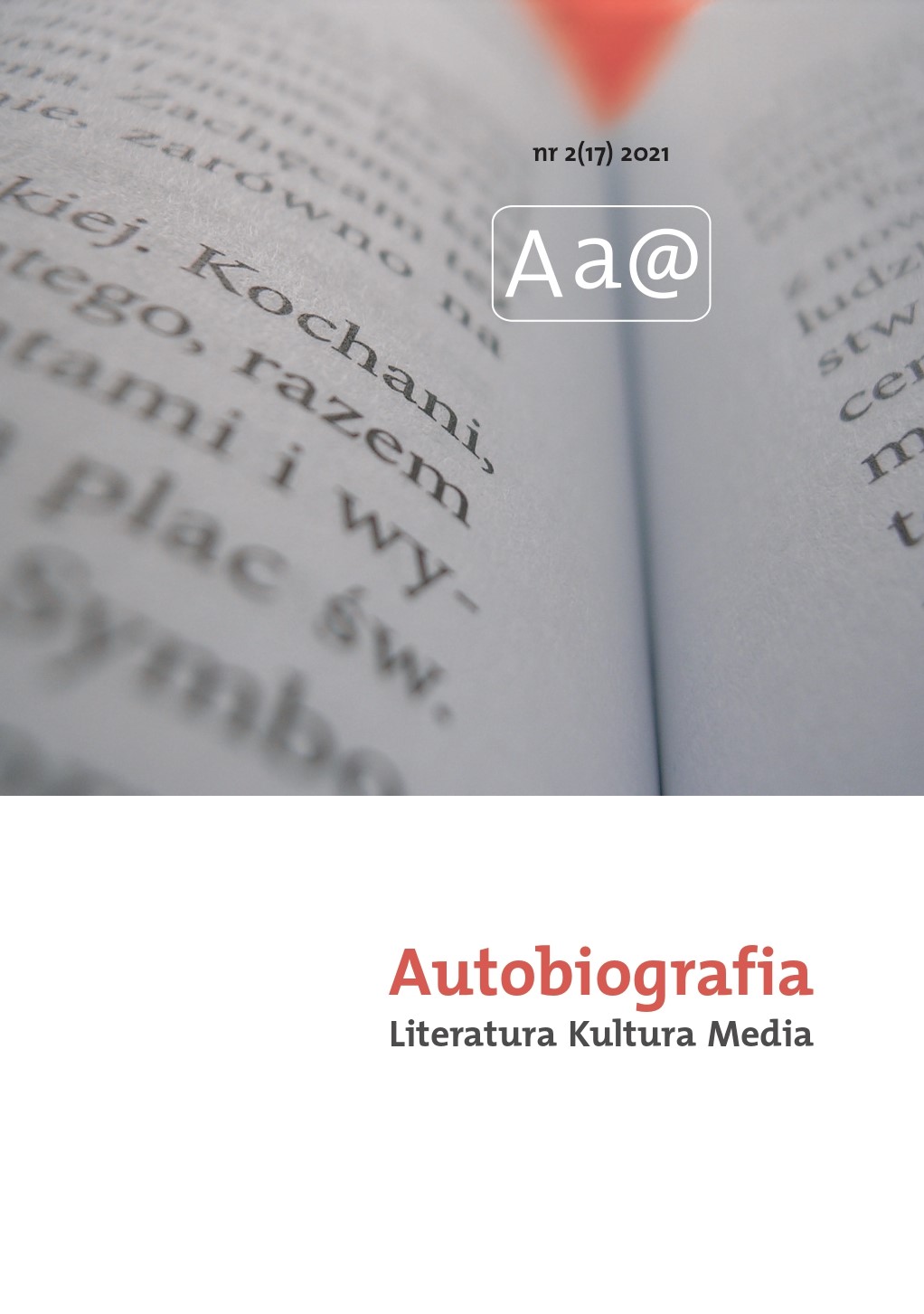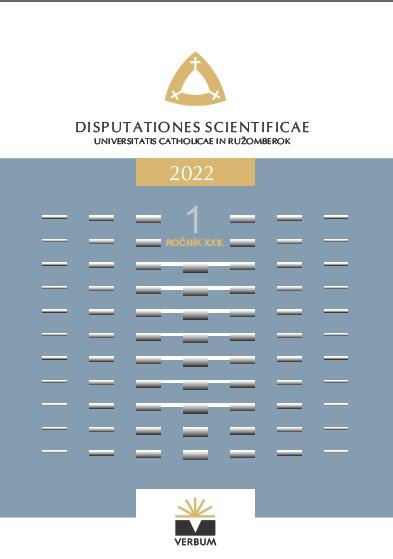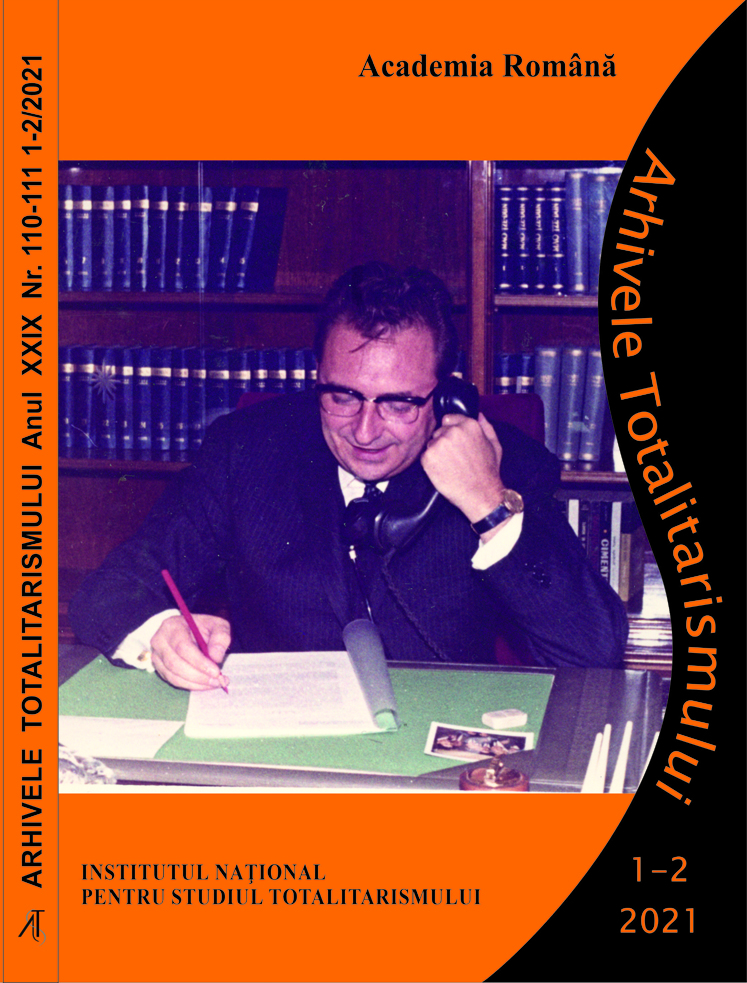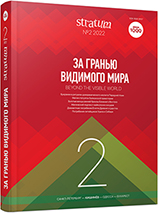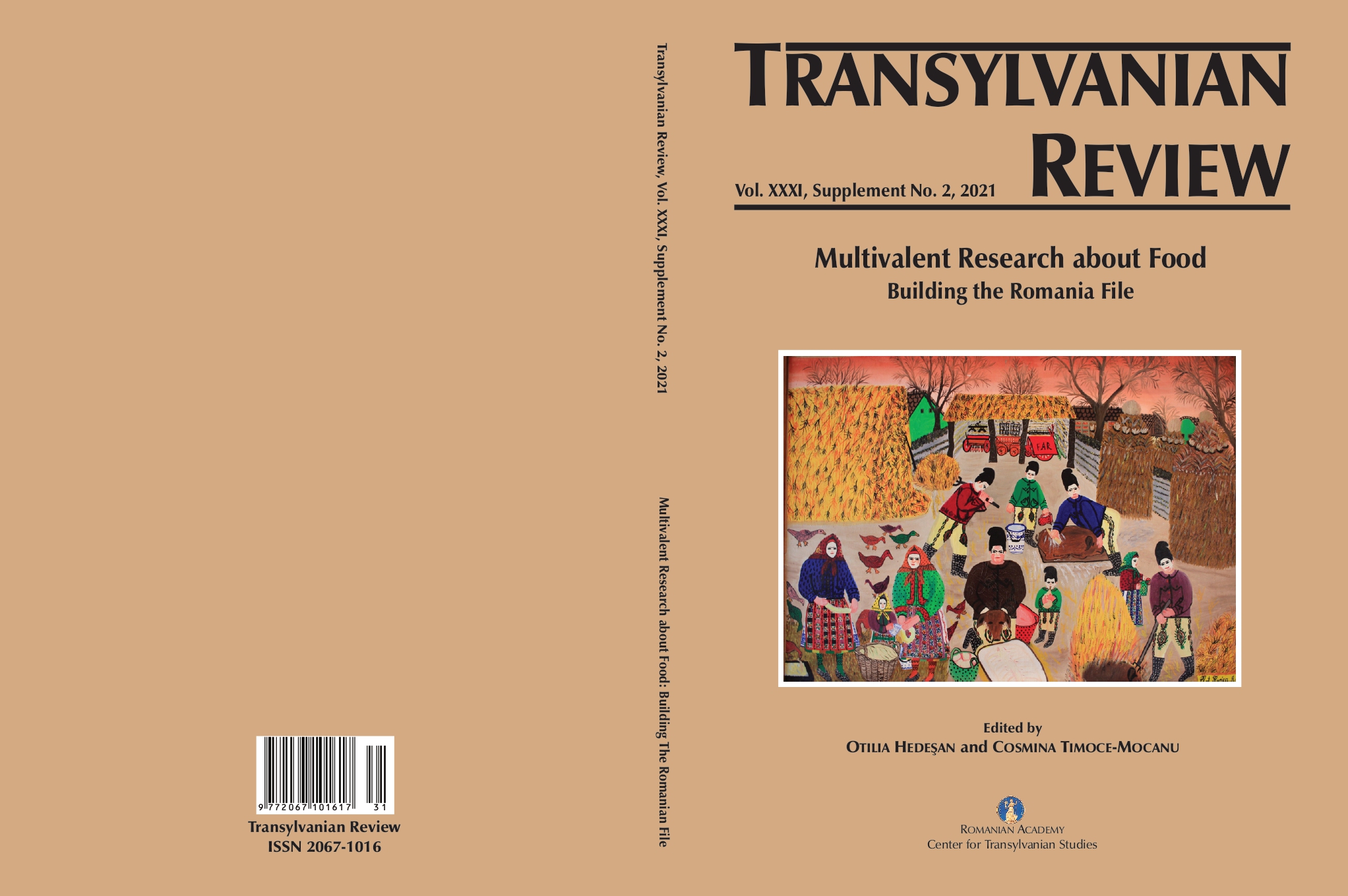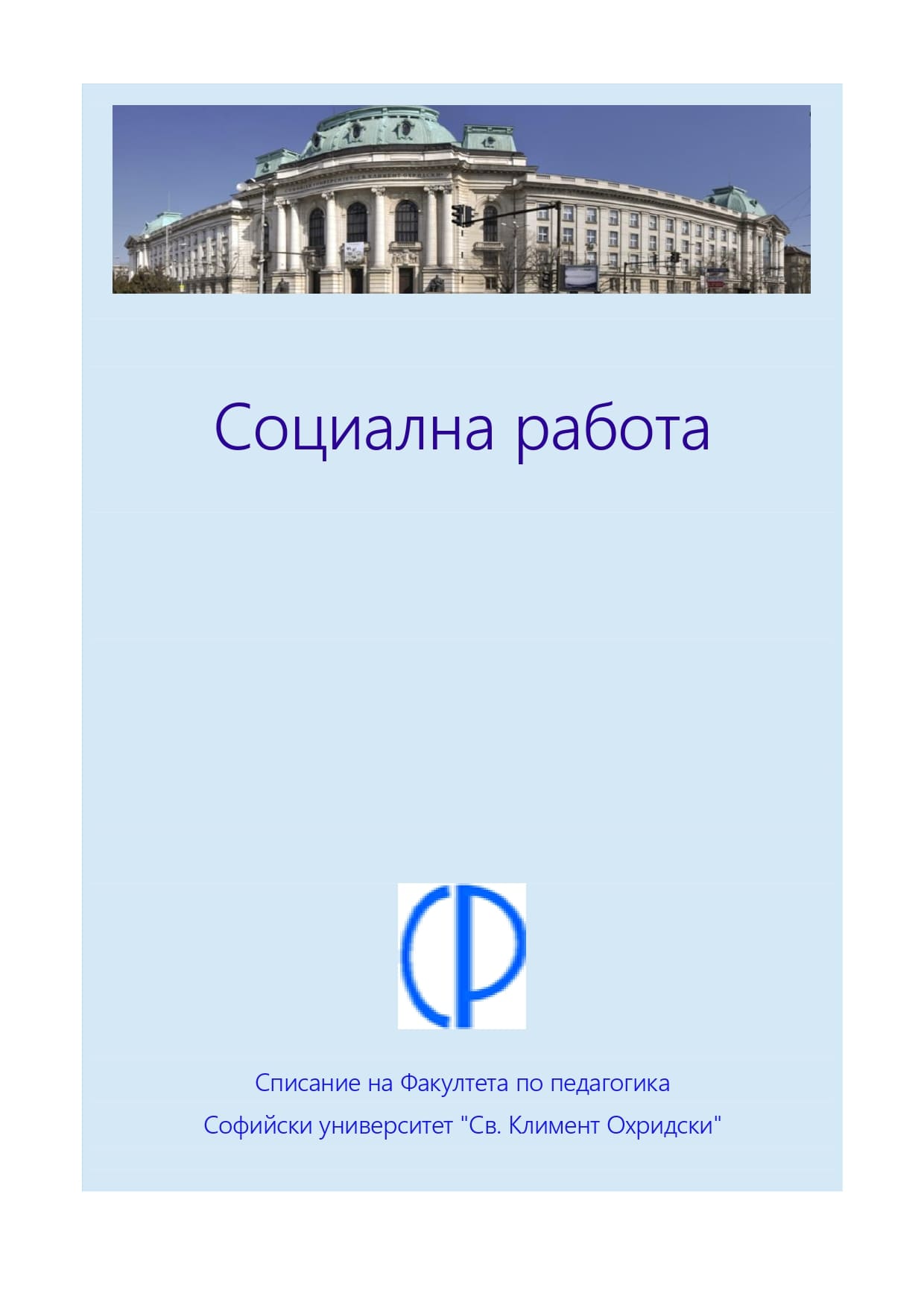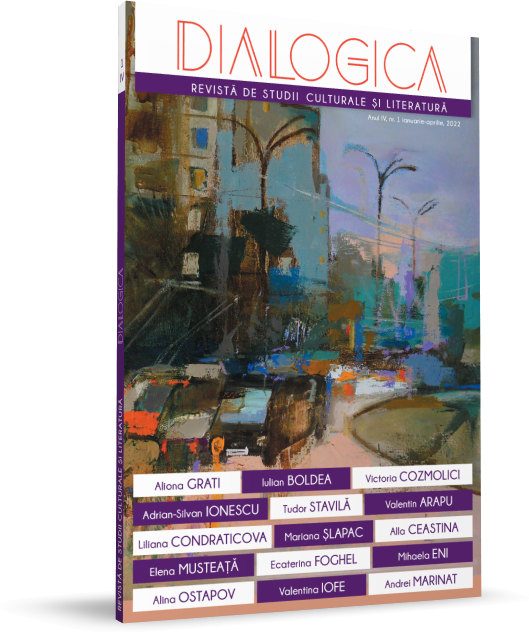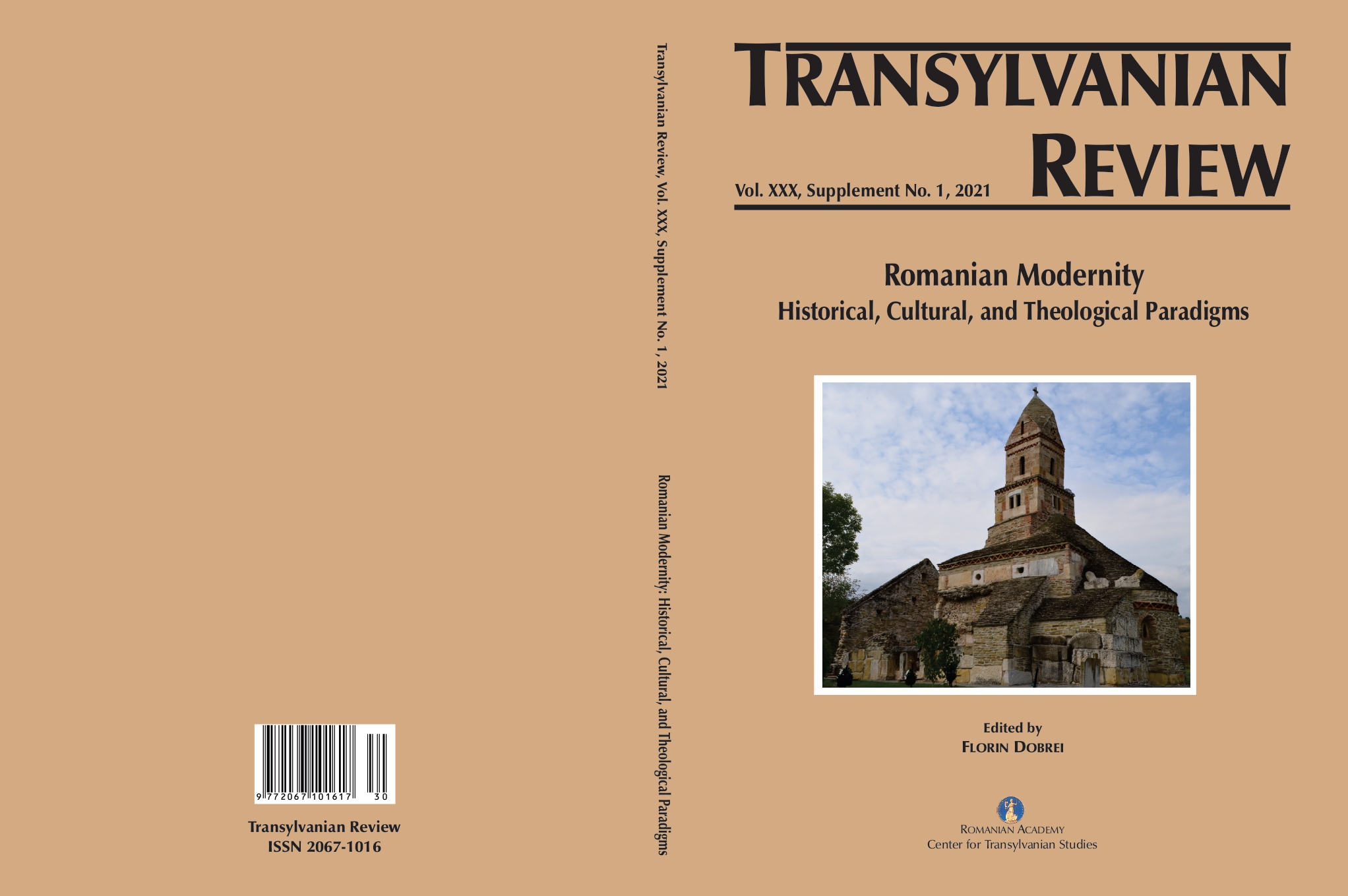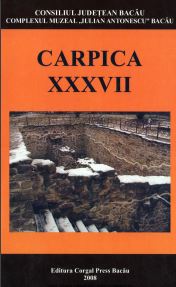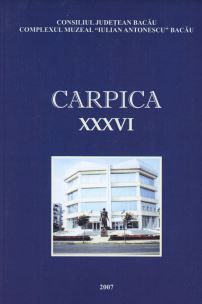Author(s): Bogdan Bucur / Language(s): English
Issue: Suppl. 1/2021
By 1829, the development gap between West and East (to which Wallachia belonged) had become abysmal. The geographic and scientific discoveries, the architectural styles, the musical genres, the artistic and literary trends of the time were completely unknown in Bucharest. The country was wholly absent from the international scientific world. During that time no Wallachian concerned themselves with the study of formal science (logic and mathematics), natural science (biology, physics, chemistry, astronomy), or applied science (engineering, agronomy, medicine, and pharmacy). Until 1829, Wallachia wasn’t able to offer the world a single astronomer, doctor, engineer, architect, mathematician, physicist, agronomist, pharmacist, painter, musician, etc. On the other hand, all of these professions—and their subsequent scientific disciplines—were well known in the West, since the Greco-Roman Antiquity, and following their rediscovery at the end of the Middle Ages. For instance, in 1850, the first Wallachian institution of higher education was created as part of Saint Sava Princely Academy (which was a high school; the University of Bucharest was founded much later, in 1864). Meanwhile, the University of Bologna (1088) had been around for 762 years. In 1836, when the first Wallachian public library was established, the Malatestiana Library of Cesena (1454) had been around for almost 400 years. Until 1859, Wallachia had an illiteracy rate of over 90%, similar to that of Western Europe in 1450, but also similar to that of the Roman Empire. Also, in 1841 we learn about the first paved road in Wallachia (in Bucharest), while in 1853, the existence of the first stone bridge over a stream was confirmed (built in Bucharest, over the Dâmboviþa River). At that time, 1,750 years had passed since Apollodorus of Damascus had built Trajan’s Bridge over the Danube, in order for the Roman armies to invade Dacia. While the first stone bridge was inaugurated in Bucharest in 1853, a year later, in 1854, one of the world’s most important engineering projects came to fruition in Austria: the Semmering Railway, which crossed the Alps through 14 tunnels dug in the mountains, and across 16 viaducts and 100 curved stone bridges. Looking at the visual arts, Urcarea lui Mavrogheni pe tron (The enthronement of Mavrogheni, 1786), by Iordache Venier (who was of Venetian origin), can be considered as the first modern painting in Wallachia. Autoportret (Selfportrait) by Nicolae Polcovnicul (1788–1842), a painting finished after 1800, can be seen as the first modern painting of a Wallachian painter. Meanwhile, 500 years had passed since Giotto’s death. In actual fact, in 1829 Wallachia was outside history.
More...
